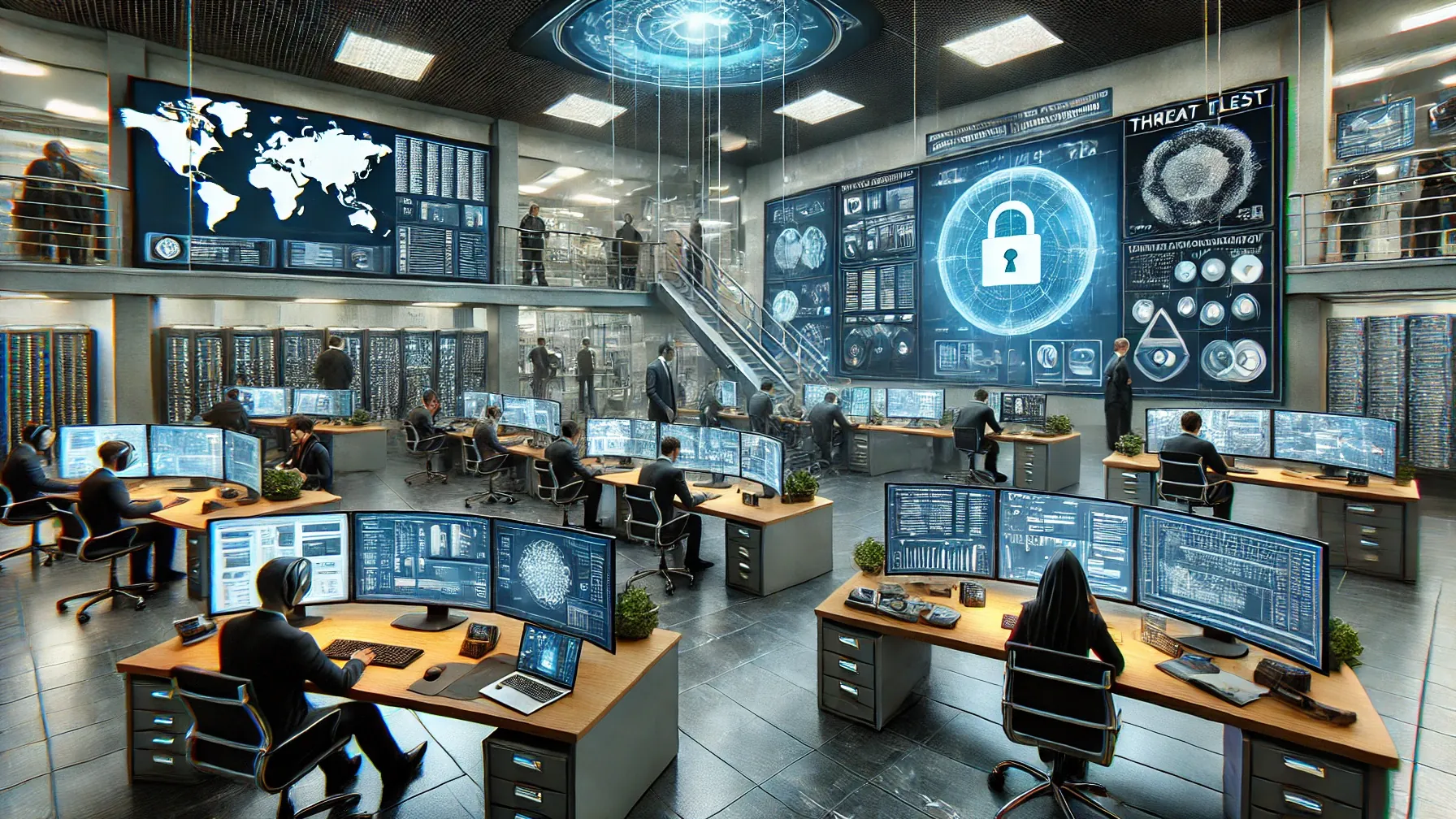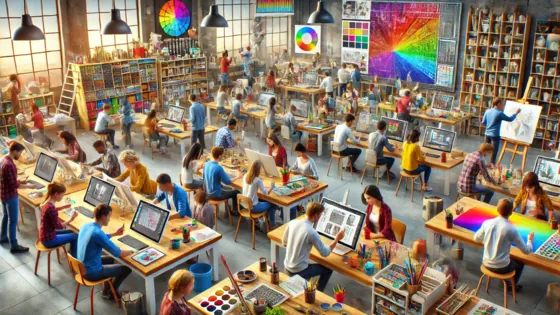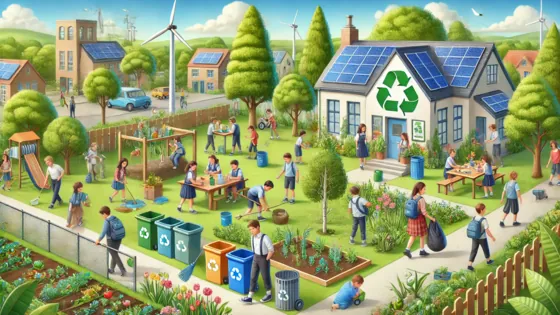In today's rapidly evolving world, the labor market is continuously transforming under the influence of technological progression, economic fluctuations, and social changes. Schools are positioned at the forefront, playing a vital role in preparing students for future professions that might be drastically different from those that exist currently. This article delves into the careers likely to be in high demand in the future and discusses how educational frameworks can adjust to these shifting paradigms.
Future Career Paths
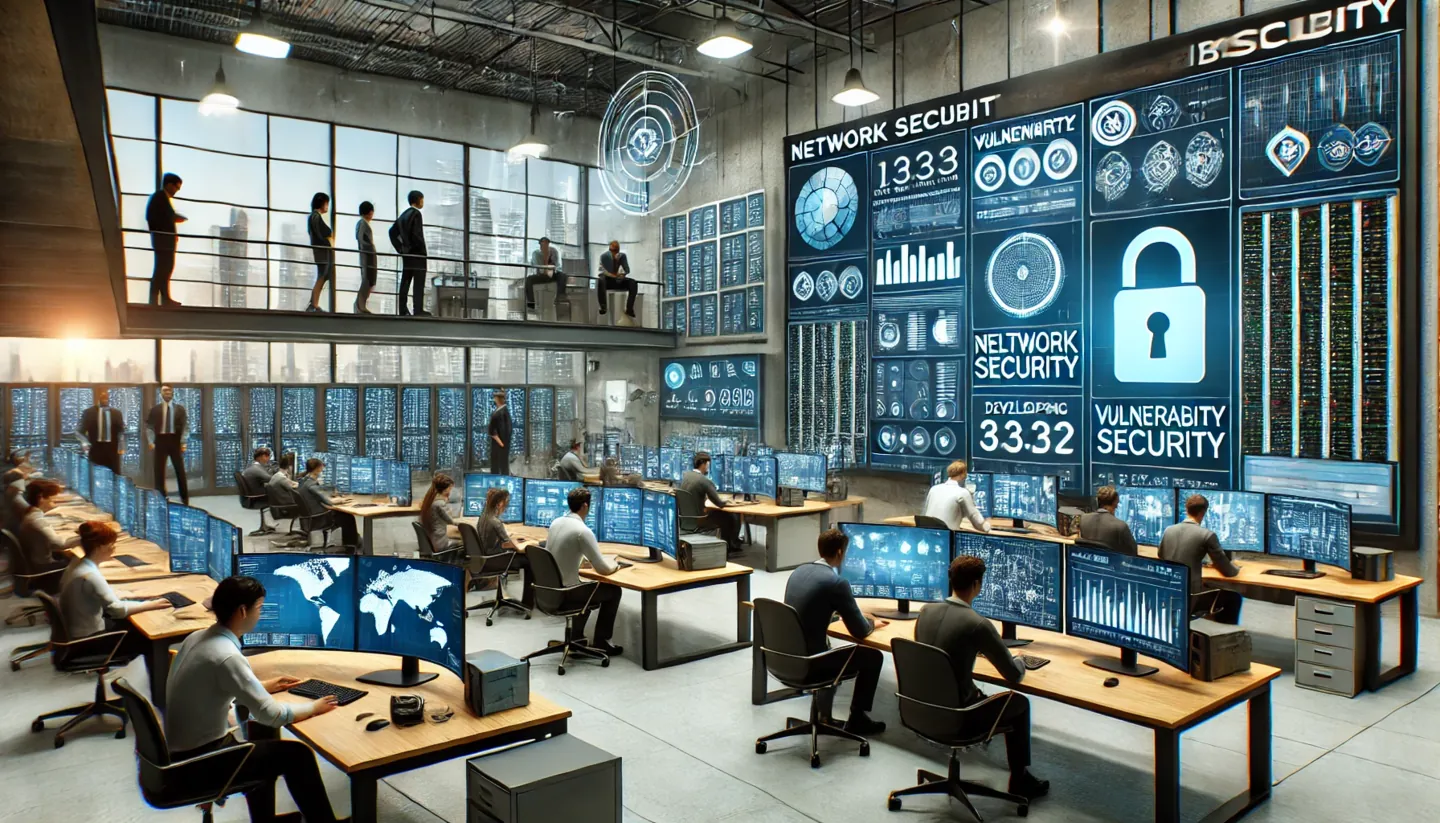
Technological innovations, societal transitions, and economic developments exert a profound impact on the labor market, prompting the creation of entirely new job roles and significantly altering existing ones. Below are some professions that are expected to be pivotal in the near future:
- Artificial Intelligence Specialist: As artificial intelligence technology advances, the demand for AI specialists is expanding across numerous sectors. These professionals are engaged in the development of machine learning algorithms, the construction of neural networks, and training systems to perform pattern recognition tasks.
- Cybersecurity Expert: With an increase in the frequency and complexity of cyber threats, there is a growing need for cybersecurity experts. These professionals are tasked with protecting data and networks from hacking attempts and developing innovative strategies to detect and mitigate security threats.
- Virtual and Augmented Reality Developer: Virtual and augmented reality technologies are being applied in a range of fields, from educational settings to healthcare systems. Developers in this specialty craft interactive simulations and applications that enhance how users interact with their surroundings.
- Big Data Analyst: As data volumes continue to grow exponentially, there is a critical need for specialists who can analyze and derive meaningful insights from vast datasets. Big data analysts play a crucial role in helping organizations make data-driven decisions.
- Environmental Analyst: With global environmental conditions deteriorating, there is an increasing demand for professionals who can evaluate the impact of human activity on the environment. These analysts are responsible for devising strategies for sustainable development and reducing ecological damage.
- Robotics Engineer: The demand for robotics engineers is increasing as automation technologies and robotic systems become more prevalent in both manufacturing and domestic environments. These engineers design and program robots to perform a variety of tasks.
- Wellness Coach: In an era where there is a heightened focus on health and psychological well-being, wellness coaches are essential. They guide individuals towards maintaining a healthy lifestyle, engaging in self-reflection, and achieving emotional balance.
- AI Ethics Expert: With the advancement of AI technologies, it is crucial to ensure their ethical development and usage. Experts in AI ethics develop standards and guidelines to govern the ethical deployment of these technologies.
Innovative Approaches to Learning
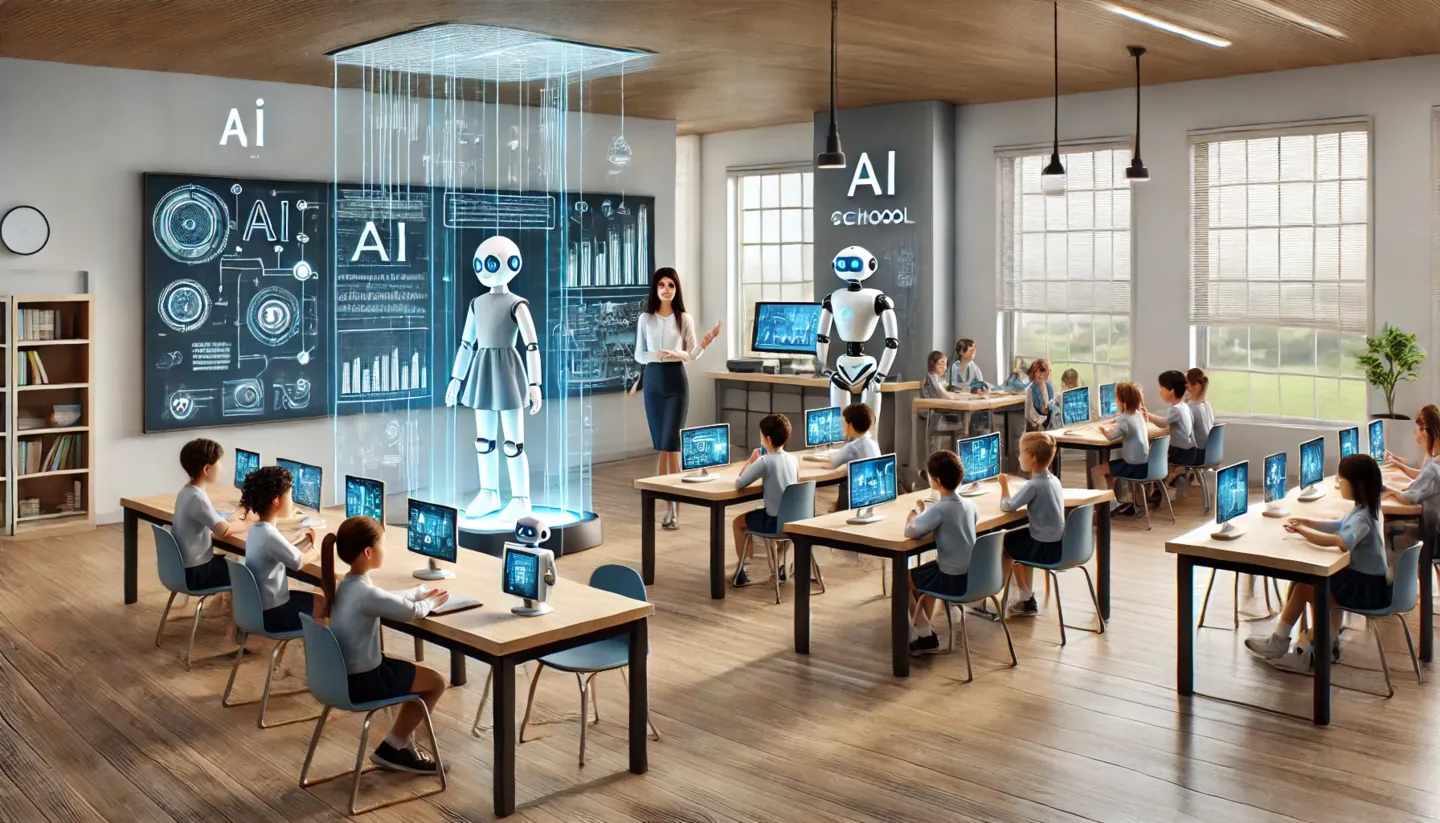
Education is a critical component of societal advancement, and its evolution is intrinsically linked with the introduction of innovative educational methods. As technologies progress, the needs of the labor market evolve, and our understanding of educational processes deepens, new teaching methodologies emerge that promote more effective learning. Here are some of the contemporary approaches:
- Interactive Learning: Traditional teaching methods such as lectures and textbooks are increasingly being replaced by more interactive forms of education. These include educational games, webinars, online courses that offer interactive feedback, and collaborative work in virtual settings.
- Distance Learning: Enhanced internet technologies and online learning platforms have made distance learning a more viable and popular option. This mode of education allows individuals to access learning materials from anywhere in the world, reducing both temporal and geographical barriers.
- Personalized Learning: Taking into account the unique needs and knowledge levels of each student, personalized learning methods are gaining traction. These methods include adaptive learning programs and technologies as well as personalized tutoring sessions.
- Problem-Based Learning: This approach emphasizes the resolution of real-world problems, encouraging critical and creative thinking as well as collaborative learning. Students explore materials related to specific issues and actively engage in devising solutions.
- Workplace Learning: For numerous professions, a substantial portion of training can effectively be conducted on the job. This approach enables students to acquire practical skills and firsthand experience in actual work environments.
- Technology-Enhanced Learning: Modern technologies such as virtual and augmented reality, artificial intelligence, interactive whiteboards, and mobile applications significantly enrich the educational experience, making learning more engaging and effective.
- Educational Communities and Collaborative Learning: The formation of educational communities and collaborative groups where students can exchange knowledge, ideas, and experiences is becoming increasingly common. This fosters an environment where learners from diverse disciplines can interact and learn from each other.
Industry Engagement

It is crucial for educational institutions to foster close collaborations with businesses and universities to create opportunities for internships and mentorship programs. These partnerships are essential for helping students understand the requirements of modern professions and gain valuable work experience. Collaboration between schools and industry enhances curricular offerings, equips students with real-world experience, and ensures educational institutions are abreast of the latest industry trends and innovations.
Conclusion
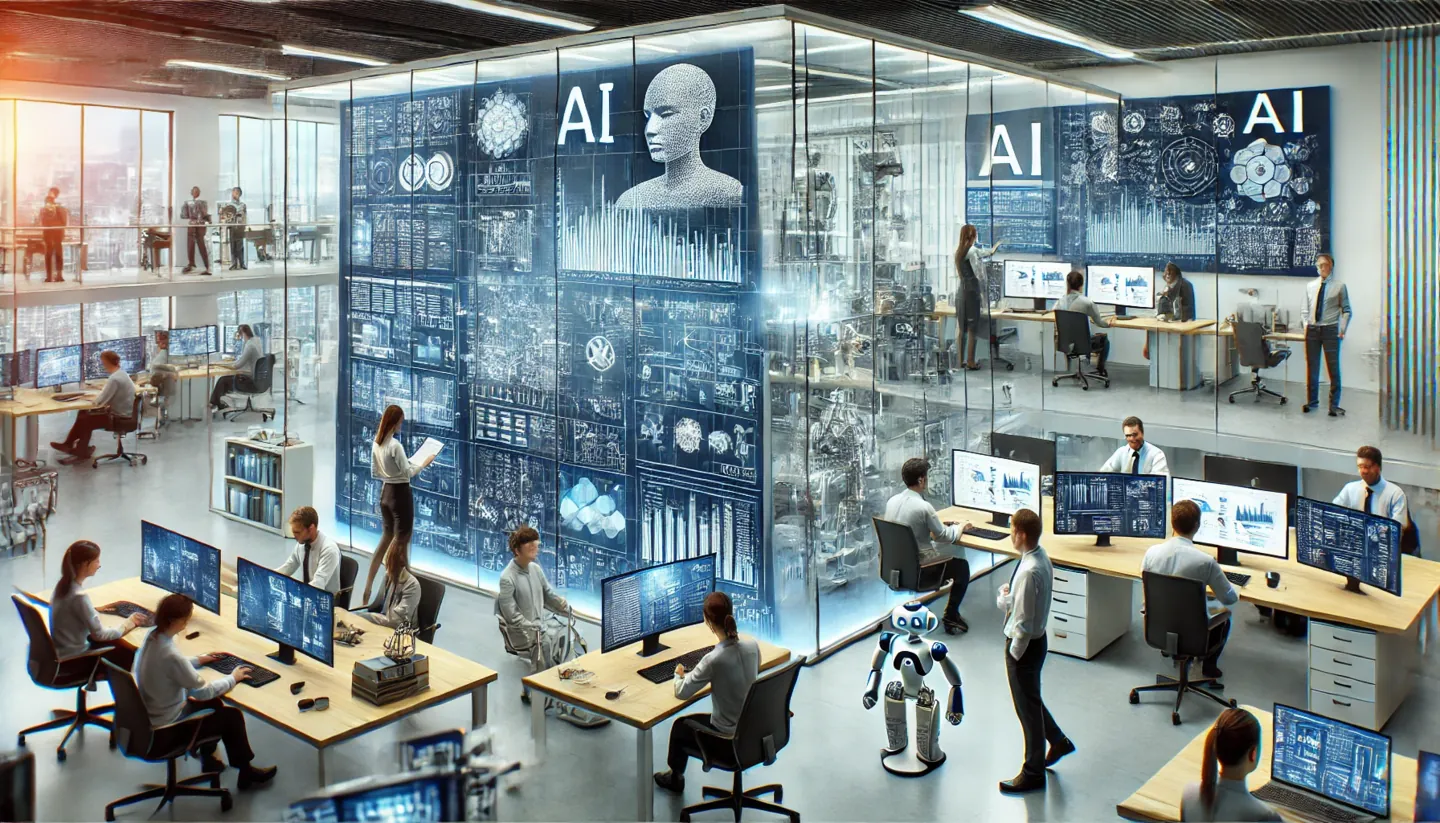
The foundation for future career readiness begins in the educational setting. The education system must do more than merely impart knowledge; it must cultivate in students the ability to adapt and continuously learn throughout their lives, keys to thriving in an ever-changing global landscape.

